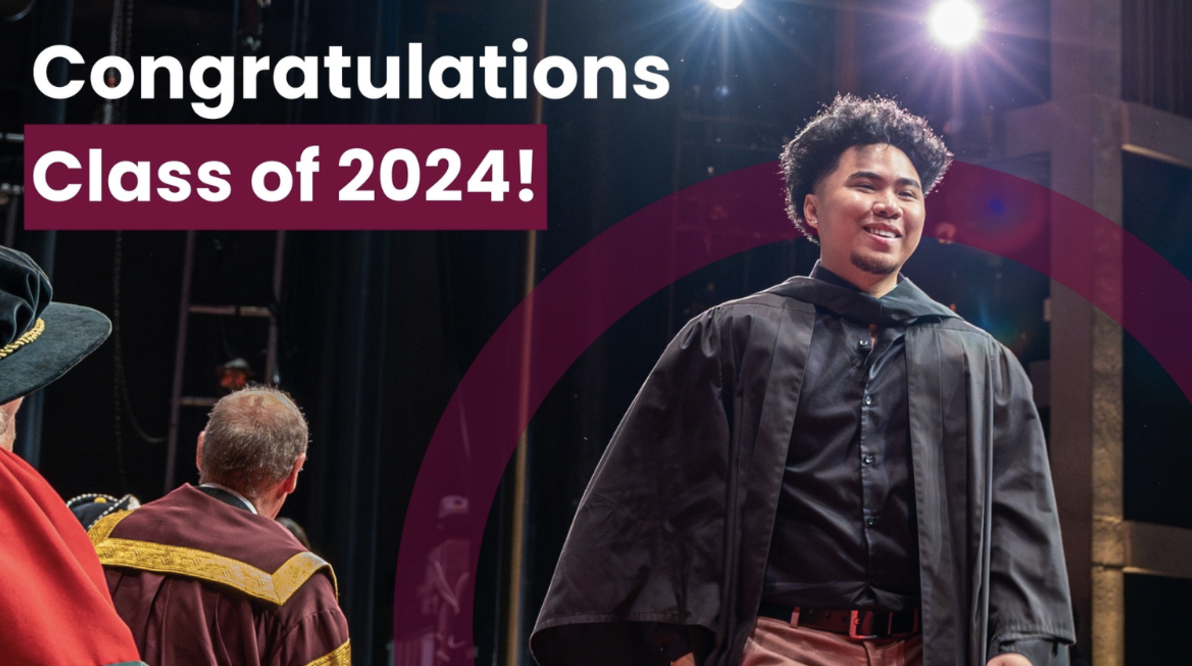COVID-19 and vaccine equity in the African context with Ky’okusinga Kirunga, Amref Health Africa
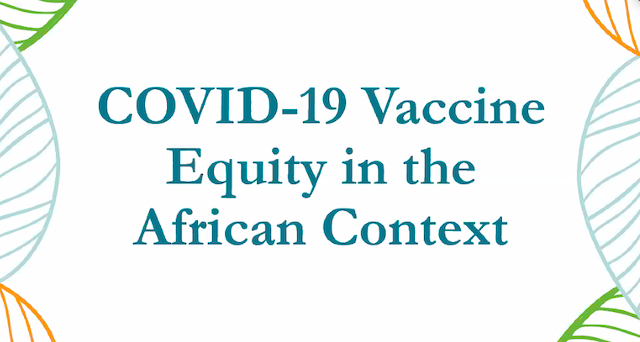
Ky’okusinga Kirunga kicked off the two-week virtual Global Health Learning Symposium speaker series with her keynote address titled ‘COVID-19 and vaccine equity in the African context’.
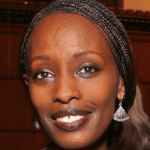 With her expertise and passion for working in global health, Kirunga is the Executive Director of Amref Health Africa in Canada and has held various leadership positions in the Canadian and international health sector. As a transformational leader and human rights defender with lived experience immigrating to Canada from Uganda as a refugee, she is uniquely equipped to discuss these relevant and pressing topics.
With her expertise and passion for working in global health, Kirunga is the Executive Director of Amref Health Africa in Canada and has held various leadership positions in the Canadian and international health sector. As a transformational leader and human rights defender with lived experience immigrating to Canada from Uganda as a refugee, she is uniquely equipped to discuss these relevant and pressing topics.
Her opening remarks set the stage for her talk as she addressed our global interconnectedness and because of this, “what happens in one part of the world has almost immediate reverberations in the rest of the world”. Kirunga further emphasized that this is evident not only in the context of the COVID-19 pandemic, but also in current affairs such as the Russian-Ukrainian war. The interconnected complexities of politics and trade due to the war, for example, have had severe impacts on food essentials such as wheat, which Ukraine as a major exporter, is directly affecting the global food supply. She raised important questions for us to think about as we coexist in an interconnected world and how especially when global issues arise, causing a ripple effect across the world, the impacts are not felt equally.
To provide critical context on the pandemic in Africa, Kirunga asserted that the historical and current perceptions of the continent are rooted in systemic and ignorant biases. She emphasized the role media outlets had in amplifying the narrative that the Africans would not “survive the pandemic”. Despite the fact that Africa has done exceedingly better in its public health response, this rhetoric has exacerbated pre-existing inequities and disrespect of African citizens. Furthermore, these biases have been evident in the global reaction to the Omnicom variant surfacing in South Africa and the world, subsequently shutting its doors to many African countries. With the imposed travel ban, Kirunga reflected on her experience of being unable to return to Canada from Uganda despite the fact that Canada was facing even harsher realities with the variant.
Taking a deeper dive into the COVID-19 pandemic and vaccine equity, the inequality between communities around the globe has been particularly evidenced. She discussed vaccine manufacturing and distribution outlining several barriers, which included equal access due intellectual property protection in the form of patents, supply chain challenges, and the stockpiling of supplies. This injustice has led to high-income countries having excessive stocks of COVID-19 vaccines while other countries are desperate to provide their most vulnerable people with even their first dose. When relating back to the notion of interconnectedness, it must be considered that the longer people everywhere remain unprotected, the more lives will be lost.
‘We need to do better to balance inequities and work towards social justice through addressing the social determinants of health that put us in the position we are in, in the first place.’ – Kirunga
As a call to action, she inspired emerging global health professionals to be social justice activists and to challenge the persisting determinants that have resulted in these inequities. It is her hope that in the next iteration of a global crisis, in whatever form it may be, we will respond with a more equitable approach building on existing systems and not forget the lessons learned.
Global Health News
Related News
News Listing
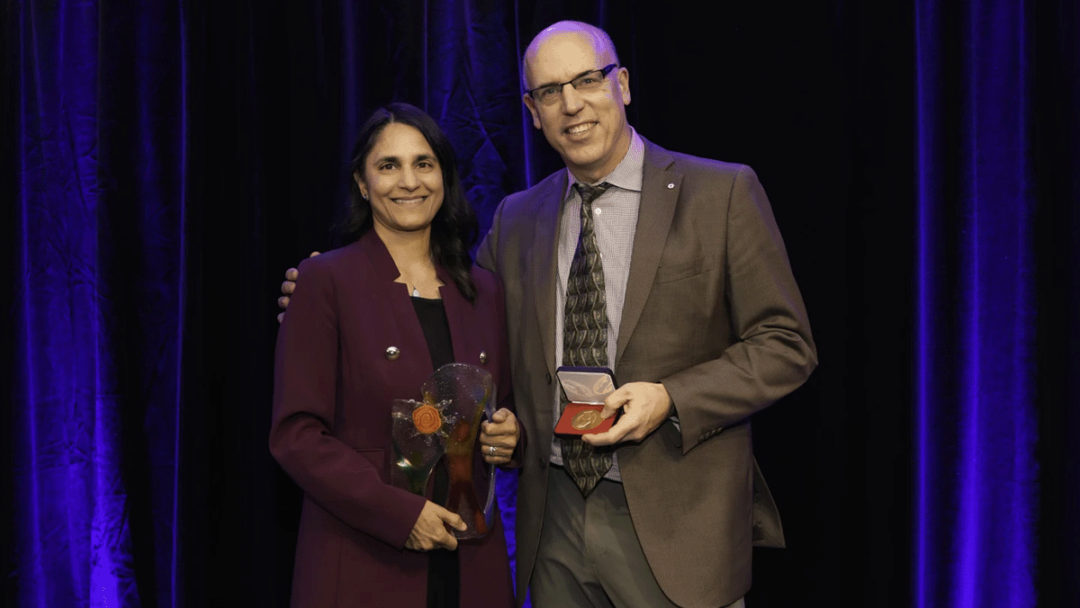
Faculty of Health Sciences News ➚
Sonia Anand recognized with HRF Diversity & Equity in Research Award
Global Health News
12 hours ago
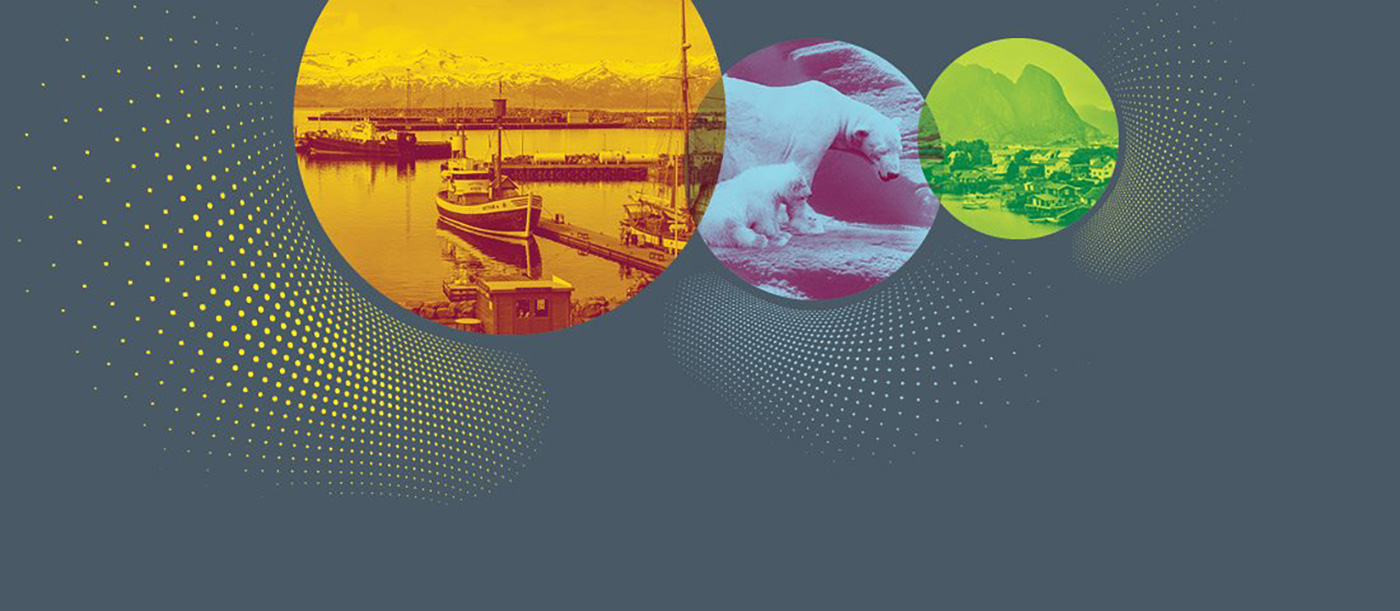
Health and Humanitarian Implications of War, Crises, and Conflict
Global Health News
November 11, 2024

